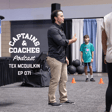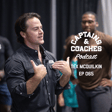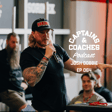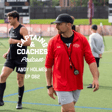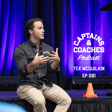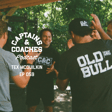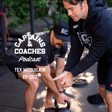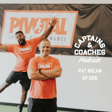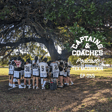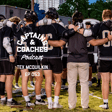
049 - From Platform to Professor w/ Allison Brager
What happens when a CrossFit Games competitor trades the podium for the classroom? Dr. Allison Brager joins us to share her remarkable journey from elite athlete to neurobiologist to military leader, and now professor at West Point.
Neurobiologist specializing in sleep and circadian rhythms, former CrossFit Games competitor, Army officer, and author of "Meathead: Unraveling the Athletic Brain." She currently serves on advisory boards for NATO, US Special Operations Command, and multiple research organizations, and is heading to West Point to teach leadership psychology.
We dive deep into the identity trap that ensnares athletes who build their entire sense of self around competition, exploring why backup plans aren't just smart—they're essential. Allison shares hard-earned lessons about the evolution every athlete must face: from competing to coaching, from personal achievement to developing others.
Old Bull Training Program - 7 Day Free Trial: https://bit.ly/old-bull-train
#FromPodiumToProfessor #LeadershipDevelopment #WestPoint #AthleteEvolution #CrossFit #MilitaryLeadership #CoachingMindset #ArmyFitness #CrossFitGames #SummerStrong #neuroscience

